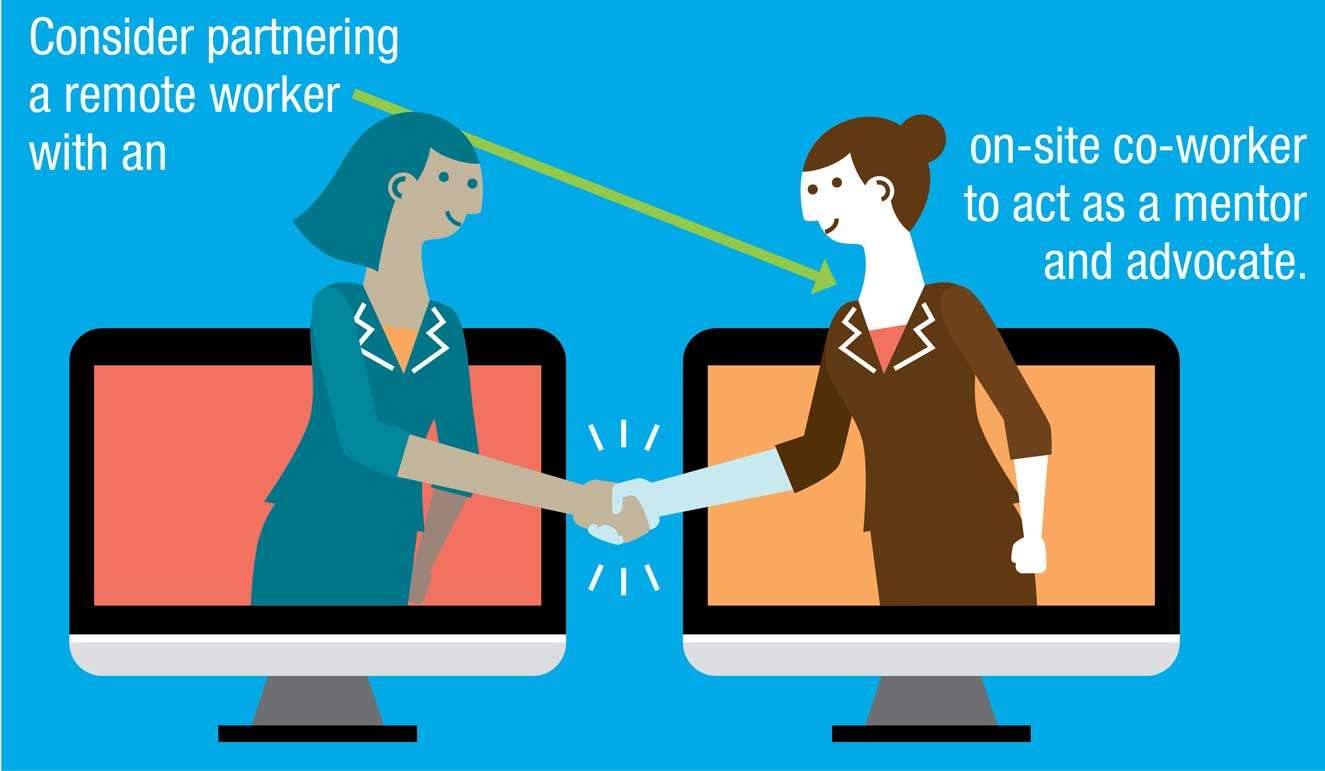
Remote workers are different than sales reps, technicians, or other employees who routinely travel or operate outside of the physical office because remote workers won’t be checking in each day, or week, like these others do. Some remote workers may visit the office from time-to-time, others never do – not even for their interview.
So, what’s the best strategy for effectively managing remote workers?
First, get them onboarded and acclimated quickly and properly. If feasible, this is best done at the home office where they can meet their co-workers in person and be educated on the organization’s mission, values, and strategic goals. Otherwise, structured video conferences with supervisors and co-workers can substitute. Either way, effective communication of job goals and performance expectations, as well as clear dotted-line reporting relationships, are essential in the onboarding.
Second, ensure workers have the right tools to succeed from their location – quick and reliable access to company files and fast e-mail, video, and telephone systems. Nothing short circuits productivity like an inadequate technology platform.
Third, create a culture within the organization that recognizes remote workers as equal to their local peers and creates community. Encourage camaraderie and treat remote workers with respect. Consider partnering a remote worker with an on-site co-worker to act as a mentor and advocate. Use videoconferencing regularly to hasten productivity and draw the remote worker into the workflow
Lastly, on a personal level, the manager of the remote worker must engage regularly and build a rapport with the remote worker. That means talking via video or telephone with sufficient time allocated for “small talk” as well as business. Don’t forget about their personal development and career goals. And remember to send them some of the organization’s “swag.”
Remote workers can be a valuable resource for any organization. Focused onboarding, highly functional technology, and personal and regular engagement by the remote worker’s manager will ensure their smooth transition, productivity, and connection to the firm – whether they are down the street, upstate, or across the globe.
